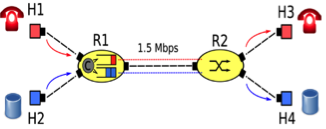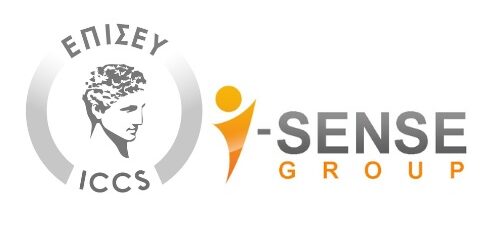Scope:
LTE and LTE advanced have tremendously altered today’s arena of mobile communications in terms of satisfying enormous throughputs maintaining at the same time acceptable (cost-wise and subscribers-wise) coverage schemas. At the same time a contralateral background is present for the satellite communications which remain closed systems for dedicated purposes and albeit their wide coverage and broadband capabilities technical challenges still remain to ensure their integration with public next generation wireless systems. The above standards highly employ the Transmission Control Protocol over the underlying networks to facilitate reliable transfer of the large loads of data with multimedia functions. However, TCP’s behavior is still subjected to optimisation so that throughput, latency and delay guarantee the highest possible degree of trust for the users that communicate and exchange total conversation data (i.e. voice, text, video) as well as request for next generation services such as proximity services and M2M interaction.  At the same time QoS compromisation is presente when the above technoclogies interwork. The latter attributes are determined by various parameters such as TCP window size, Round-Trip-Time and loss probability, to name a few.
At the same time QoS compromisation is presente when the above technoclogies interwork. The latter attributes are determined by various parameters such as TCP window size, Round-Trip-Time and loss probability, to name a few.
Apart from TCP algortihms, QoS and packet sceduling schemes have been studied from the infantry of packet switched data exchange (i.e.PRIO, LIFO, RR). However, simply applying those or the modern ones (i.e. HFQ, HFS, WFQ, etc.) in the newly introduced LTE networks do not provide the optimum results to satisfy QoS requirements in terms of bandwidth, delay, jitter, bit error rate, fairness, etc. For the satellite links long and variable RTT combined with high BER affect the respective TCP performance.
Enhancements on the previous parameters are expected on one hand to increase QoS from PHY to Application layer (i.e. from packet transmission fairness to QoE) for the conventional public mobile next generation communications and the potential interworking with SATCOM while on the other hand would encourage the wide adoption of these technologies from the PPDR community that pays significant attention to communication attributes dealing with delay and reliability.
Within this diploma thesis it is expected to study the TCP algorithms and the packet scheduling techniques applied to LTE, LTE advanced and Satellite networks and comparatively set up simple network simulations (e.g. NS2/NS3, OPNET, QRM, TEMPEST, C2ML) towards recommendations on novel schemas that increase QoS.
Required:
- Mobile/Satellite Communications and Networks, Multimedia Services
- Unix
The successful completion of the below courses will be considered an asset:
ΚΟΡΜΟΥ: Προγραμματιστικές Τεχνικές , Εισαγωγή στην Επιστήμη των Υπολογιστών
ΡΟΗ Λ: ΛΟΓΙΣΜΙΚΟ Η/Υ – Γλώσσες Προγραμματισμού Ι
ΡΟΗ Δ: ΕΠΙΚΟΙΝΩΝΙΕΣ ΚΑΙ ΔΙΚΤΥΑ ΥΠΟΛΟΓΙΣΤΩΝ – Δίκτυα Επικοινωνιών, Δίκτυα Υπολογιστών, Ψηφιακή Τηλεόραση και Επικοινωνίες Πολυμέσων, Δίκτυα Κινητών και Προσωπικών Επικοινωνιών, Διαδίκτυο και Εφαρμογές, Εξομοίωση Συστημάτων Επικοινωνιών, Δίκτυα Ευρείας Ζώνης
ΡΟΗ Τ: ΚΥΜΑΤΑ ΚΑΙ ΤΗΛΕΠΙΚΟΙΝΩΝΙΕΣ – Συστήματα Κινητών Τηλεπικοινωνιών, Δορυφορικές Επικοινωνίες
Supervisors:
Νικόλαος Ουζούνογλου nuzu@cc.ece.ntua.gr
Άγγελος Αμδίτης angelos@esd.ece.ntua.gr
Further info: Αθανασία Τσέρτου atsertou@iccs.gr, Ευάγγελος Σδόγγος esdongos@iccs.gr

